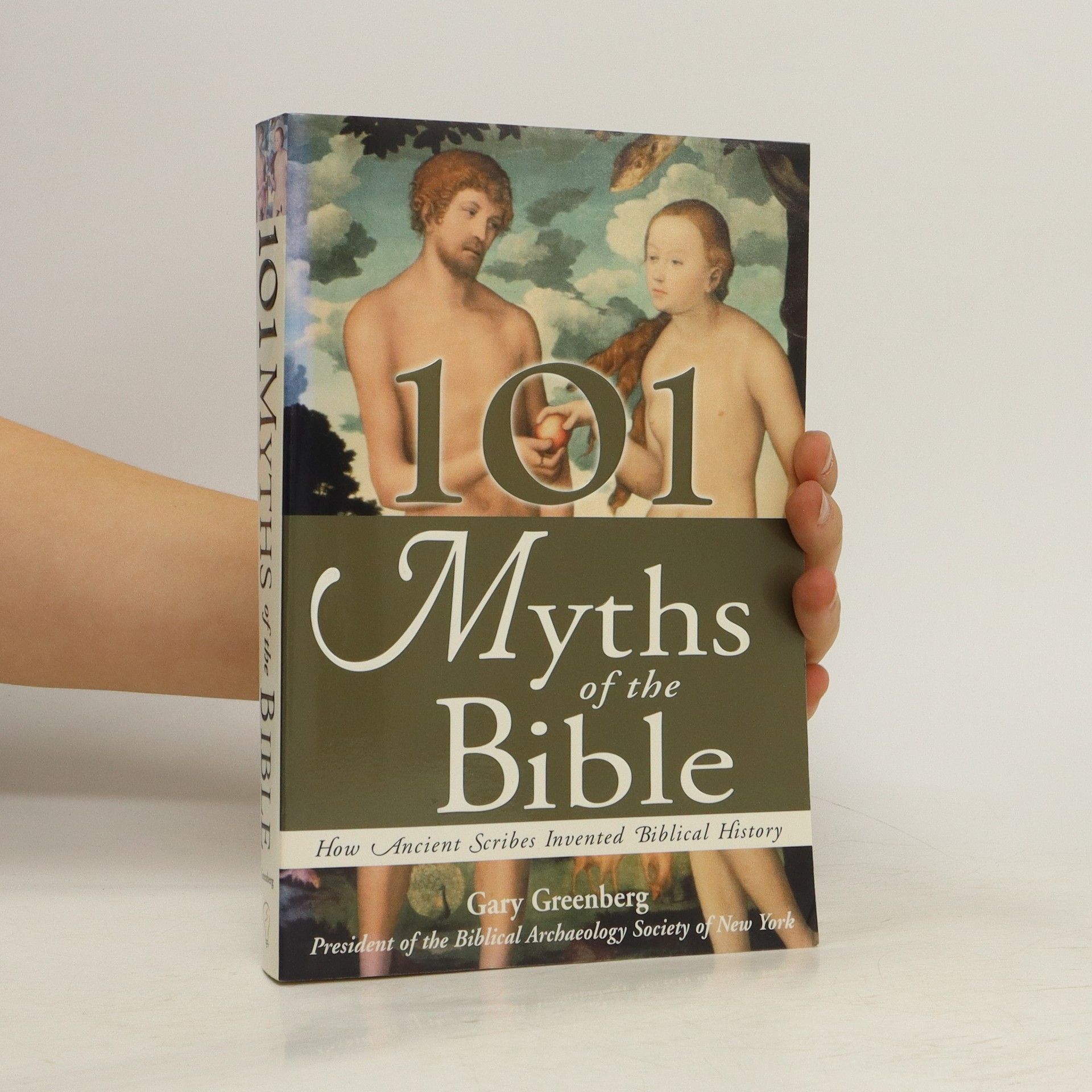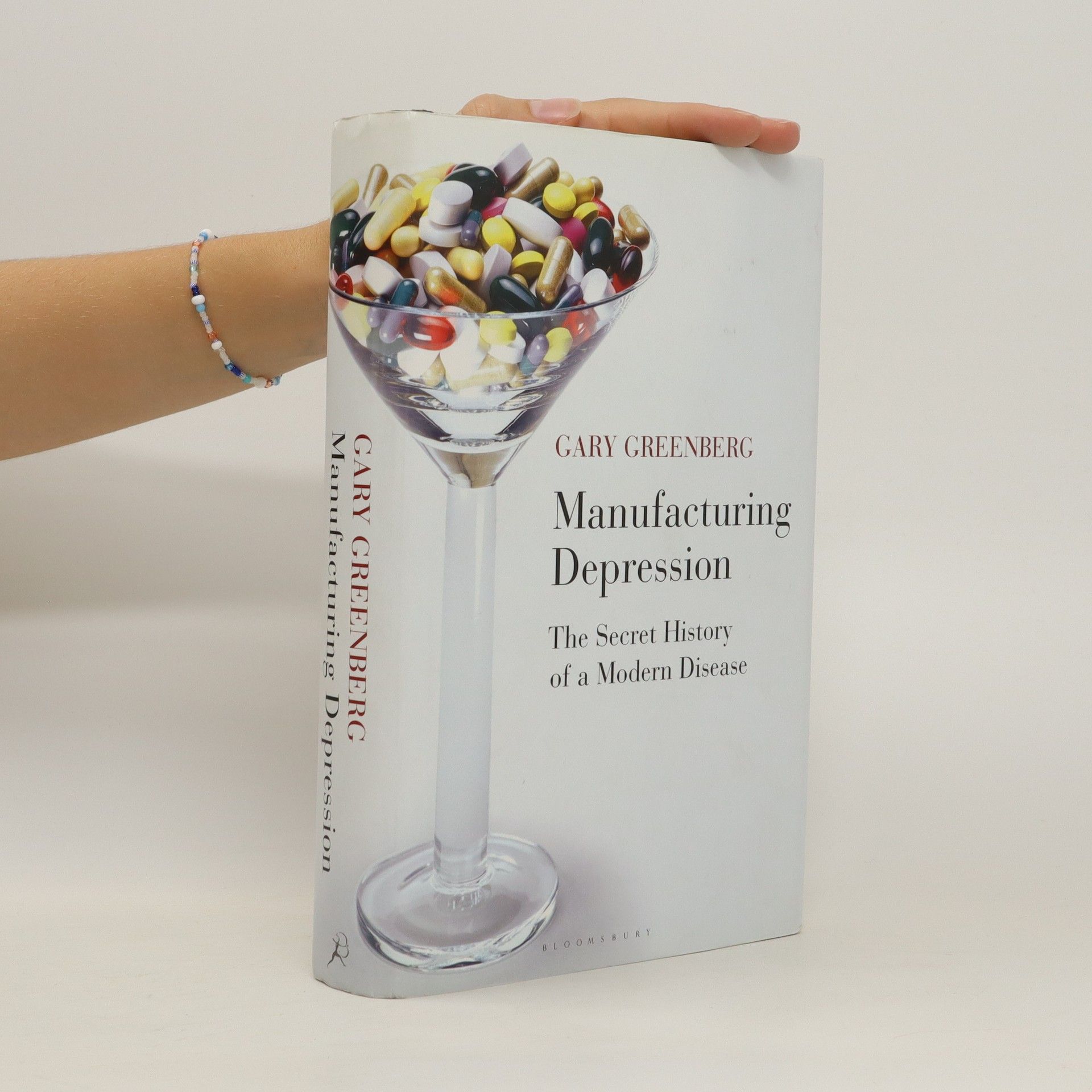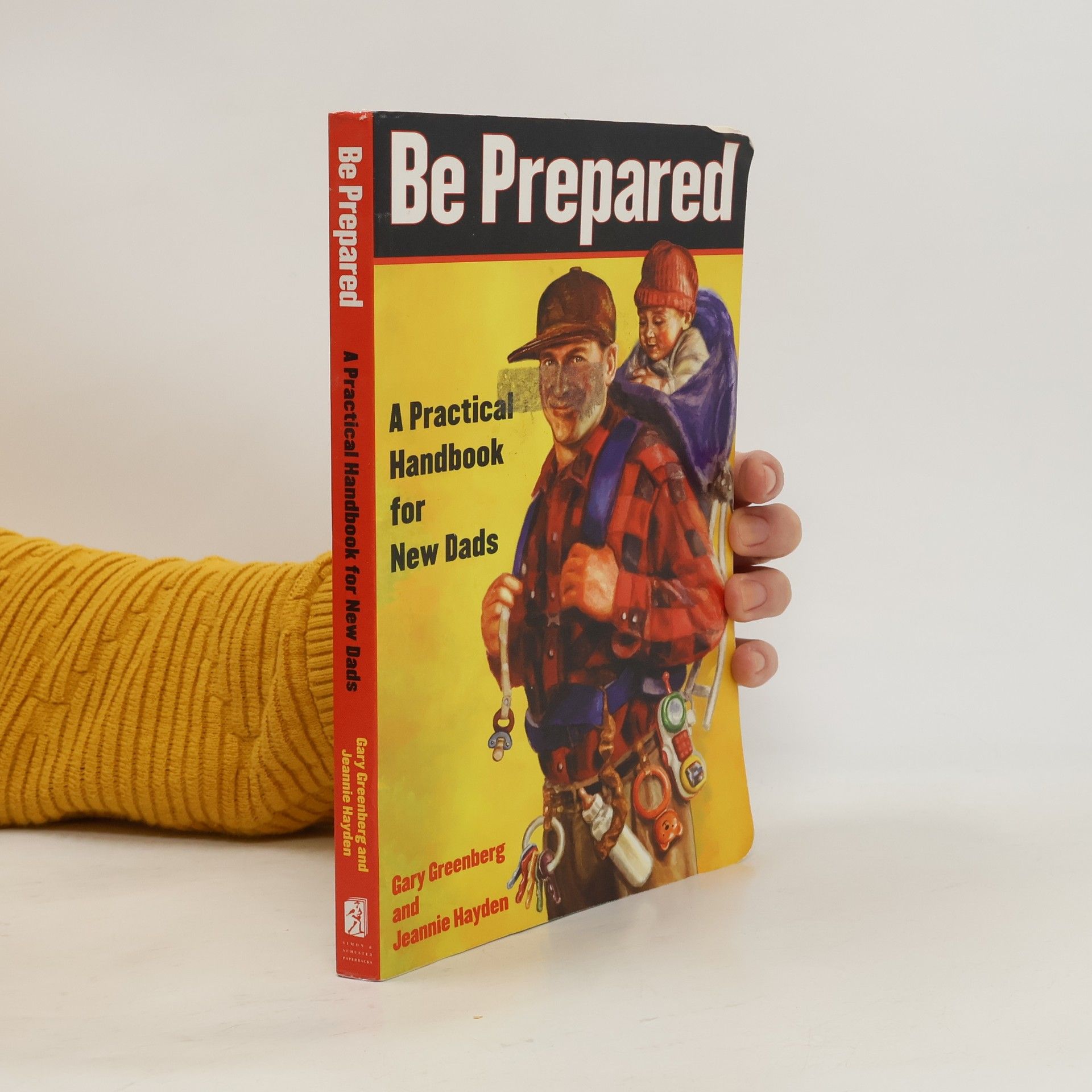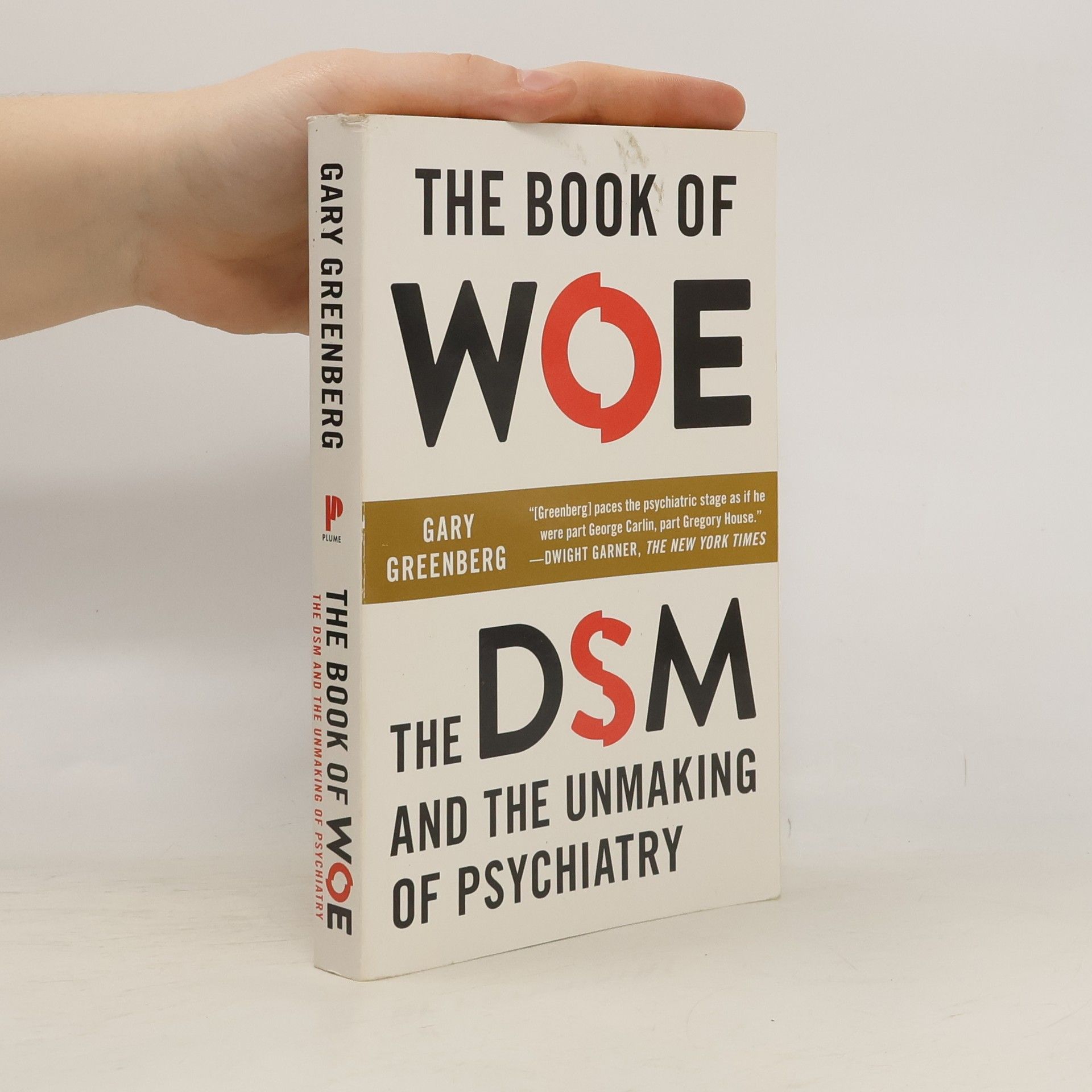Genesis Chronology and Egyptian King-Lists
The Egyptian Origins of Genesis History, Volume II: Egypt's Mythological Period
- 428 pages
- 15 hours of reading
Exploring the mythological chronology of Egypt, Gary Greenberg delves into the profound connections between Egyptian sources and the Book of Genesis. He examines iconic biblical narratives, such as creation and the stories of Adam and Eve, Cain and Abel, and Noah, revealing their deep roots in Egyptian mythology. Greenberg challenges the prevailing scholarly views that overlook these links, providing compelling evidence that the authors of Genesis drew heavily from Egyptian literary and historical traditions. His work aims to correct misunderstandings about the biblical narrative's origins.




